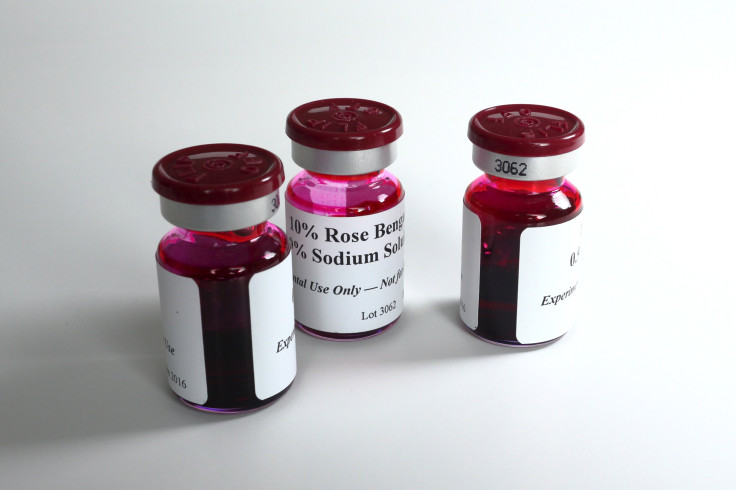HIV drug and skin cancer treatment: Scientists use Nelfinavir to delay the effects of skin cancer drug resistance

If new research findings are to be believed, scientists have discovered an HIV drug that can also be used to treat skin cancer, including melanoma. The HIV drug may help skin cancer patients from becoming drug resistant. The problem with cancer cells is that they transform to become drug resistant. However, the HIV drug nelfinavir can block such transformation.
Mice study has shown that the HIV drug, when given with other standard cancer treatments, can delay drug resistance effects. This can provide patients the much needed time to better their conditions with further treatments.
According to Prof. Claudia Wellbrock from the University of Manchester, cancer cells become more robust and stronger in the first few weeks. This makes standard treatment ineffective with the passage of time.
“But if we can target skin cancer cells before they become fully resistant, we would have a much better chance of blocking their escape. And we think this research has brought us one step closer to making this a reality,” Wellbrock added.
The new research can also be effective in fighting drug resistance. Director of Cancer Research UK's Manchester Institute Prof. Nic Jones is of the opinion that in late stages of skin cancer, drug resistance is still a huge problem and that needs to be tackled. Recently, scientists have made tremendous progress in fighting cancer drug resistance with immunotherapies.
However, they can be effective only during the initial stages of cancer and not at later stages. The HIV drug, nelfinavir, blocks the molecular switch, which boosts the ability of cells to survive treatment, writes Mirror.co.uk. Nelfinavir made skin cancer treatments more potent.
“Melanoma can be difficult to treat because the cancer becomes resistant to drugs quite quickly. But this exciting research means we might be able to fight back by blocking the first steps towards resistance, so that treatments are effective for longer,” said Jones.





















